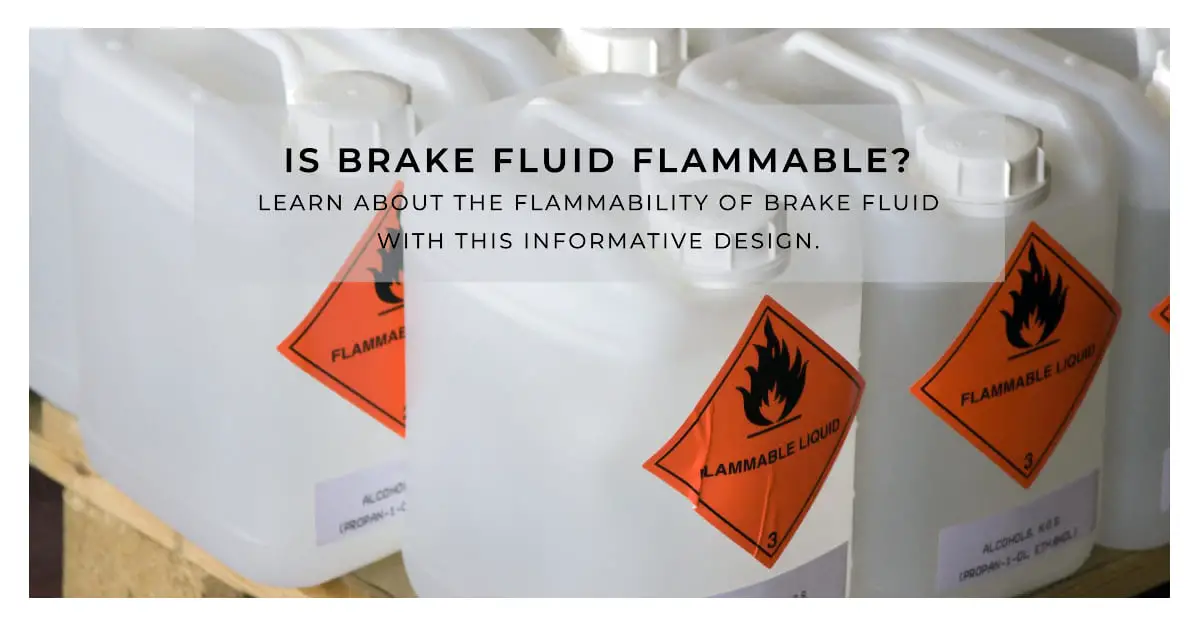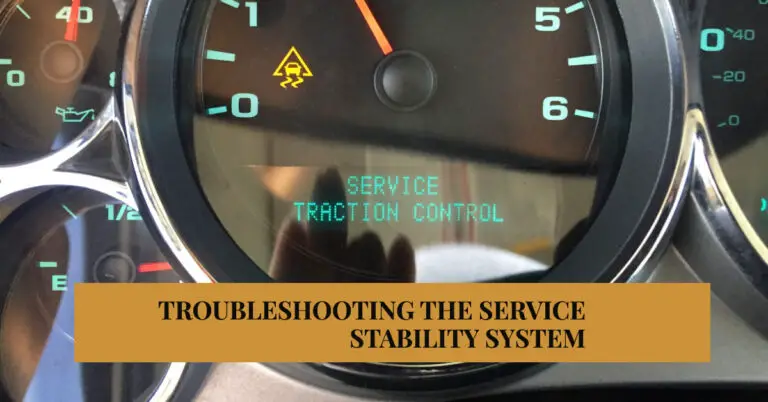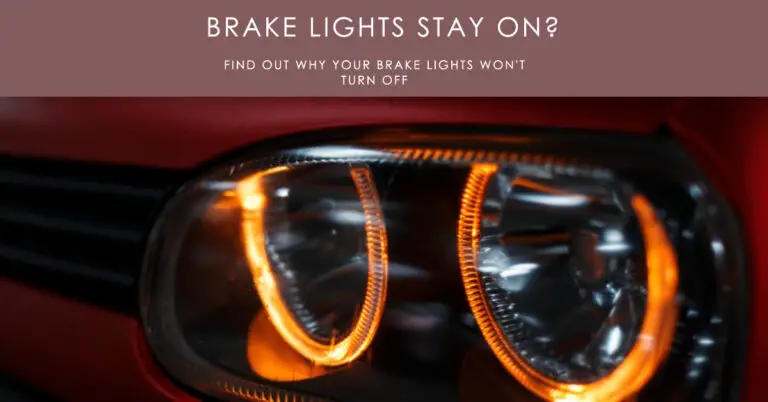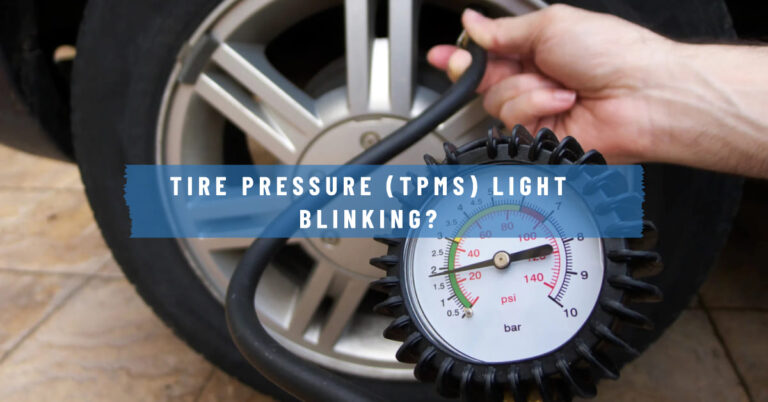Is Brake Fluid Flammable? The Ultimate Answer

Brake fluid is an essential component of any vehicle’s braking system, but not many people are aware of its flammability. In short, brake fluid is indeed flammable and can catch fire when exposed to heat or spark. While it may not be as explosive as gasoline, it is still combustible and should be treated with care.
According to various studies, brake fluid can ignite at temperatures above 734 – 752 degrees Fahrenheit (390 – 400 degrees Celsius). It is important to note that “inflammable” does not mean it cannot catch fire, but rather it can ignite without an ignition source. This means that even more care should be taken when handling brake fluid, especially since it is typically stored in relatively airtight and tightly sealed containers.
Table of Contents
What is Brake Fluid?
Definition
Brake fluid is a type of hydraulic fluid that is used in hydraulic brake and clutch systems in vehicles. It is a non-compressible substance that is used to transfer force from the brake pedal to the brake calipers or wheel cylinders.
There are two main types of brake fluid: glycol-based and silicone-based. Glycol-based brake fluids are more commonly used in vehicles and are classified under DOT 3, DOT 4, and DOT 5.1 categories. Silicone-based brake fluids, on the other hand, are classified under the DOT 5 category.
Brake fluids are typically made up of a mixture of glycols, glycol ethers, and borate esters. The exact composition of brake fluid can vary depending on the manufacturer and the specific type of brake fluid.
Brake fluids have a high boiling point and a low freezing point, which makes them ideal for use in hydraulic brake systems. However, they are also flammable and can catch fire if exposed to high temperatures or an ignition source. It is important to handle brake fluid with care and to follow proper safety procedures when working with it.
Is Brake Fluid Flammable?
Explanation
Brake fluid is flammable, but it is not as combustible as gasoline. It burns slowly, much like vegetable oil, but a little faster than candle wax. The three main types of brake fluid (DOT3, DOT4, and DOT5) all burn, but some are more flammable than others.
The flashpoint of brake fluid, which is the temperature at which it can ignite, varies depending on the type of fluid. According to a study, brake fluid ignites above 734-752 degrees Fahrenheit (390-400 degrees Celsius). It is important to note that “inflammable” does not mean brake fluid cannot catch fire. It actually means it can ignite without an ignition source. Thus, it is crucial to handle it with care.
Brake fluid is typically stored in sealed containers, which reduces the risk of the fluid igniting. However, a damaged container can cause the fluid to catch fire. Additionally, brake fluid can catch fire if it comes into contact with a hot surface or an open flame.
What Happens if Brake Fluid Catches Fire?
Brake fluid is flammable and can catch fire under certain circumstances. When it does, it can cause serious damage and danger. In this section, we will discuss the effects of brake fluid catching fire.
Effects
When brake fluid catches fire, it can have the following effects:
- Fire: Brake fluid can ignite and cause a fire. The fire can spread quickly and cause damage to the vehicle and surrounding areas. It can also cause injury or even death to people nearby.
- Smoke: Brake fluid can produce a lot of smoke when it burns. This smoke can be toxic and harmful to breathe. It can also reduce visibility, making it difficult to see and escape from the fire.
- Explosion: In rare cases, brake fluid can explode when it catches fire. This can happen when the brake fluid is exposed to high temperatures or pressure. The explosion can cause serious damage and danger to people and property nearby.
If brake fluid catches fire, it is important to take immediate action to extinguish the fire and prevent further damage. Using a fire extinguisher or calling the fire department can help prevent the situation from getting worse.
It is important to handle brake fluid carefully and follow proper safety procedures to prevent it from catching fire. This includes storing it in a cool, dry place away from heat sources, using the correct type of brake fluid for your vehicle, and avoiding smoking or using open flames near brake fluid.
How to Handle Brake Fluid Safely?
Precautions
When handling brake fluid, it is essential to take necessary precautions to prevent any accidents. Here are some tips to handle brake fluid safely:
- Wear protective gear: Always wear protective gloves and goggles when handling brake fluid. Brake fluid can irritate the skin and cause eye damage.
- Store brake fluid properly: Store brake fluid in a cool, dry, and well-ventilated area. Keep it away from heat sources, sunlight, and open flames.
- Avoid spilling brake fluid: When using brake fluid, make sure to pour it slowly and carefully. Do not overfill the reservoir, and wipe off any spills immediately. Brake fluid can damage car paint and cause a slippery surface.
- Dispose of brake fluid properly: Do not pour brake fluid down the drain or on the ground. Brake fluid is toxic and can harm the environment. Instead, dispose of it at a hazardous waste facility.
- Keep brake fluid away from children and pets: Brake fluid has a sweet taste that can attract children and pets. Keep it out of reach and sight to prevent accidental ingestion.
Conclusion
Brake fluid is flammable, but the risk of fire is relatively low. Modern brake fluids are typically based on polyalkylene glycols, which have a higher flashpoint than gasoline and other flammable liquids. However, if brake fluid is exposed to high temperatures, it can ignite without an ignition source.
It is essential to store brake fluid in a cool, dry location, away from heat and ignition sources. The container should be tightly sealed to prevent leaks or spills. If a collision occurs, and brake fluid leaks onto a hot surface, it can ignite, causing a fire.
It is also crucial to use the correct type of brake fluid for your vehicle. Using the wrong type of brake fluid can cause damage to your brake system, leading to decreased stopping power and increased risk of accidents.
Regular brake fluid maintenance is essential to ensure that your brakes are functioning correctly. By following the manufacturer’s recommendations for brake fluid replacement, you can help prevent brake system failure and reduce the risk of accidents.
Overall, while brake fluid is flammable, it is not a severe fire risk when stored and handled correctly. By following proper safety procedures and regular maintenance of your brake system, you can help ensure your safety and the safety of others on the road.
FAQs
Is it safe to store brake fluid in a hot garage or shed?
No, it is not safe to store brake fluid in a hot garage or shed. Brake fluid is hygroscopic, meaning it absorbs moisture from the air. When the temperature rises, the moisture evaporates, and the brake fluid can become volatile. This can lead to a fire or explosion if the brake fluid comes into contact with an ignition source.
Can brake fluid catch fire on its own?
Yes, brake fluid can catch fire on its own. Brake fluid is inflammable, meaning it can ignite without an ignition source. However, the temperature required for brake fluid to ignite is high, typically above 734 – 752 degrees Fahrenheit (390 – 400 degrees Celsius).
What should I do if I spill brake fluid on my skin?
If you spill brake fluid on your skin, wash the affected area immediately with soap and water. If the brake fluid gets into your eyes, flush them with water for at least 15 minutes and seek medical attention immediately. Brake fluid can cause skin irritation and eye damage.
Can I mix different types of brake fluid?
No, you should not mix different types of brake fluid. Brake fluid is classified into four main types: DOT 3, DOT 4, DOT 5, and DOT 5.1. Each type has a different chemical composition and boiling point. Mixing different types of brake fluid can cause a chemical reaction and compromise the effectiveness of the brake system.
How often should I change my brake fluid?
It is recommended to change your brake fluid every two years or 24,000 miles, whichever comes first. Over time, brake fluid absorbs moisture from the air, which can lower its boiling point and compromise the effectiveness of the brake system. Regular brake fluid changes can help ensure safe and reliable braking performance.







